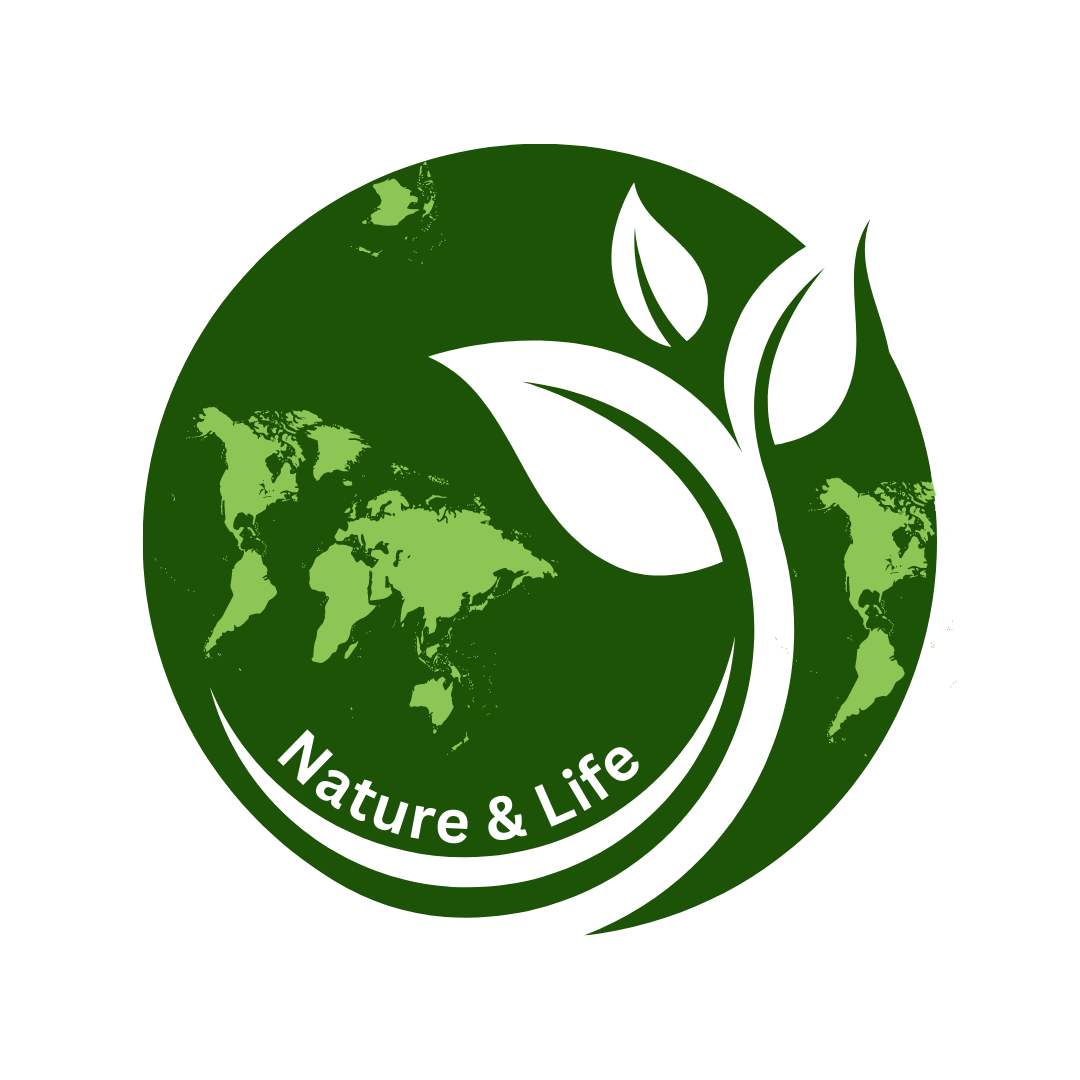DR. SUNEEL KUMAR NIGAM,
Ex- Additional Director Division, Solid and Plastic Waste Management,
CPCB, Gov. of India, New Delhi.
ABSTRACT
Plastic products have become an integral part in our daily life as a basic need. It produced on a massive scale worldwide and its production crosses the 150 million tonnes per year globally. In India approximately 8 Million tonnes plastic products are consumed every year (2008) which is expected to rise 12 milllion tones by 2020. Its broad range of application is in packaging films, wrapping materials, shopping or grocery bags, garbage bags, fluid containers, textile fibres, toys, household products, automobiles parts, industrial products, building materials etc. It is fact that plastics are non-biodegradable and will never degrade and remains on landscape (Environment) for several years.
The recycled plastics are more harmful to the environment & human health than the virgin products due to mixing of colour, additives, stabilizers, flame retardants etc. Plastic pollution can pose risks to human health. At every stage of its life cycle, plastic can pose risks to human health, arising from exposure to the chemicals used in production, the plastic particles themselves and additives. Plastic particles can enter the human body through ingestion and inhalation, while nanoparticles may also enter through the skin. There are concerns that plastics, in particular microplastics, can host microbial pathogens. It is to mention that no authentic estimation is available on total generation of plastic waste in the country however, considering 70% of total plastic consumption is discarded as
waste, which is appro approximately 30000 tons per day (TPD), thus approximately 11 million tons per annum (TPA) of plastic waste is generated in country.
